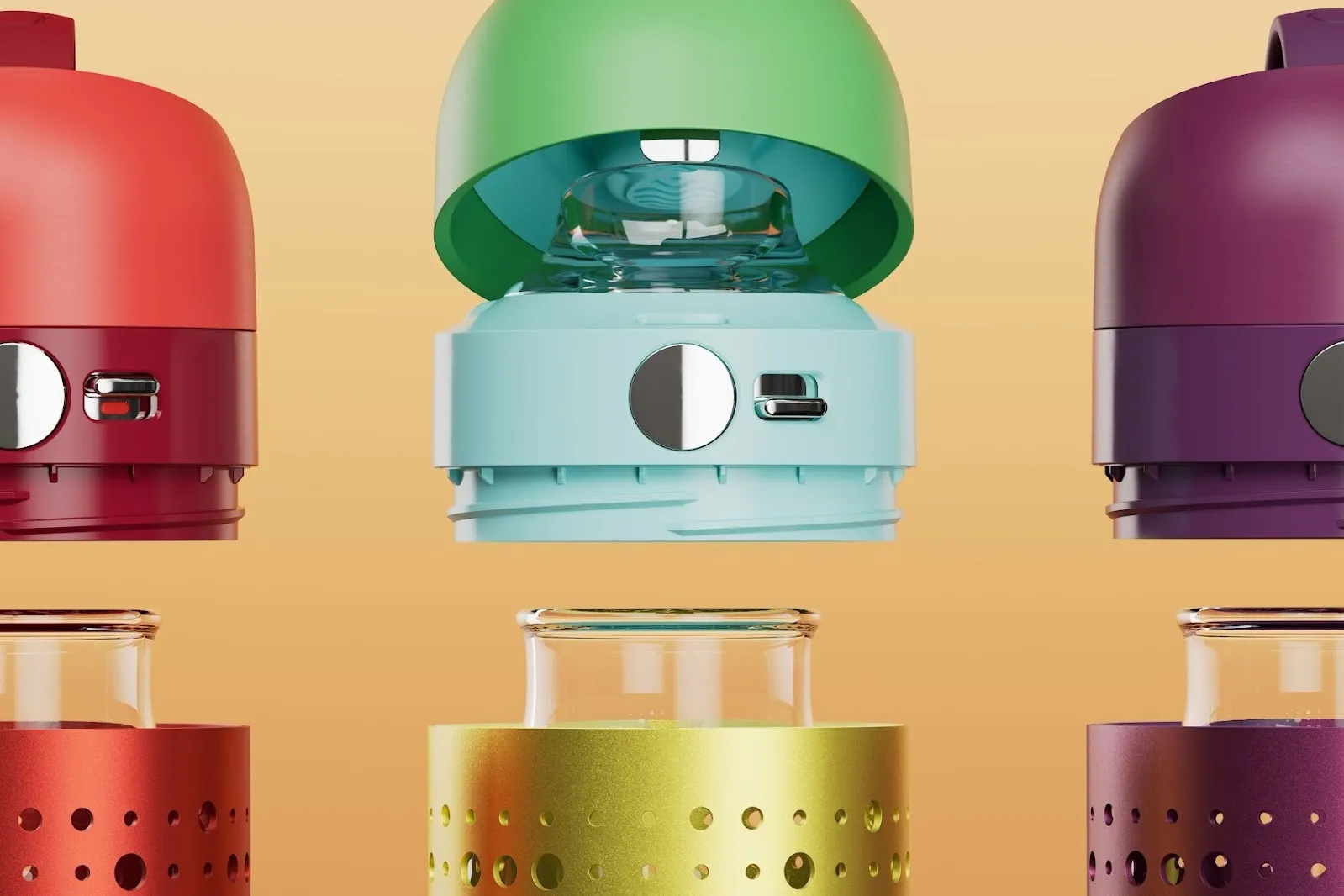The $300 water bottle that says wellness is now luxury

From hydration to status symbol
A new stainless-and-smart bottle from startup Okapa is testing how far the wellness economy can stretch: it costs $300, promises cleaner-tasting water thanks to a multi-stage filter, and comes with an app that nudges you to drink more through the day. The company says it spent eight years and thousands of prototypes getting the taste right and removing lingering chemical odors that can come from plastics — a pitch landing just as U.S. regulators finish phasing out PFAS “forever chemicals” from food packaging. The gamble is that affluent consumers who already buy premium athleisure and high-end gym memberships will treat hydration gear the same way they treat headphones or watches: as a small luxury that signals taste. Wellness analysts told Wired that even if the bottle stays niche, it will pull the broader market further up-price, encouraging midrange brands to add filtration, UV cleaning and better insulation.
What it says about 2025’s wellness market
The Okapa launch also underlines a tension in lifestyle tech. On one hand, public-health experts keep saying the cheapest, safest way to drink water is still a kitchen tap plus a basic filter. On the other, consumers are buying stories — about purity, focus, even beauty — and they like products that package those stories into a sleek object. That is why bottles now ship with smartphone dashboards, refill reminders and even community rankings. For brands, the upside is strong margins and repeat filter sales; the risk is backlash over over-engineering a simple habit. But with workplace wellness budgets growing and influencers chasing novelty, there is plenty of room for one ultra-premium bottle to go viral and set the tone for the 2025 holiday season.












